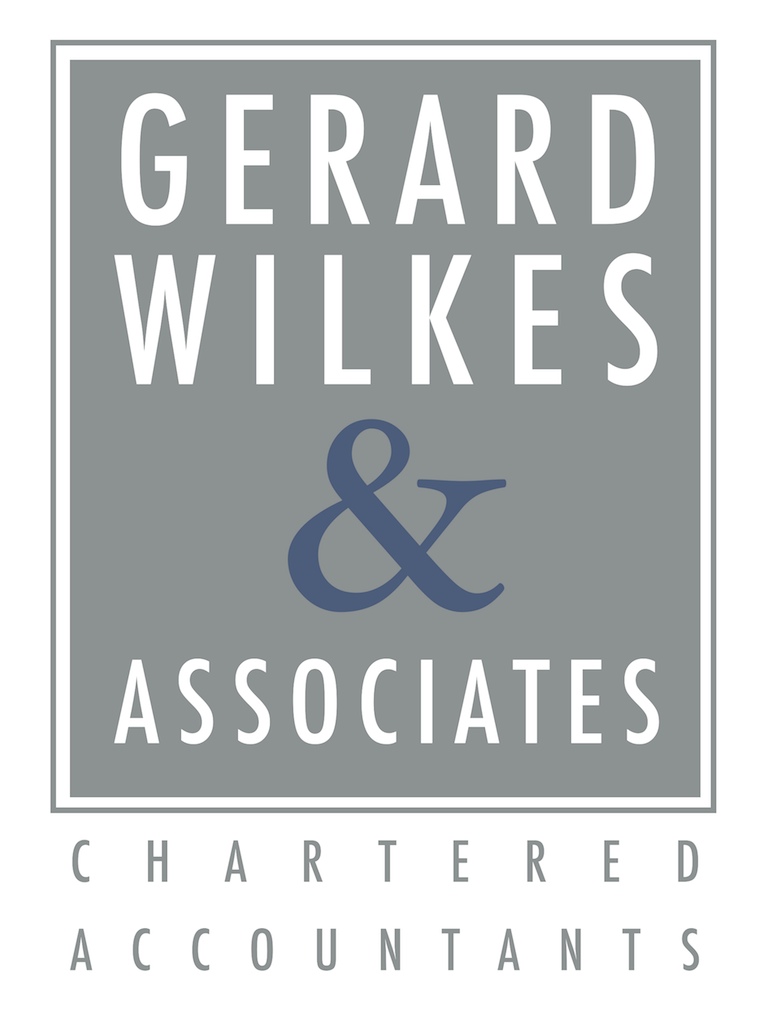
What is Estate Planning
Estate planning is the management of your affairs to ensure a smooth transfer of wealth to beneficiaries following your passing. At Gerard Wilkes & Associates, our Advisers are experienced in transferring assets smoothly, ensuring tax liabilities are effectively met, and ensure all are carried out in accordance to your wishes.
Our Advisers specialising in estate management can help with:
- Tax planning
- Will drafting
- Estate administration
When you’ve worked hard to get where you are, you want to make sure that you and your family can enjoy the benefits. But if the unforeseen happens, how do you ensure your family is well looked after and that your assets are handed down according to your wishes?
Common questions to consider
Some questions you may wish to consider include:
- What is estate planning? Is estate planning just about making a Will?
- What is a Will and why do I need to make one?
- What is a Power of Attorney?
- Is it true that a person’s debt dies with them?
- What should I consider when I make a Will?
- How often should I update my Will?
- What happens if I don’t have a will?
- What happens to my super when I die?
- As I have my own business with business partners, what happens to my part of the business if I die?
- Is there anything I can do to protect my estate?

How we can help
As part of a good, comprehensive financial plan, a Will is essential to ensure your wishes for what happens to your assets after you die are executed properly.
If you have a Will, we will usually recommend you review it regularly to keep it up to date with your circumstances. We can’t advise you on inheritance laws or write the Will for you. However, we can ensure that the will has been correctly drafted in accordance with your wishes.
Other things to consider
Developing an effective strategy
Estate planning may be considered as part of your overall succession plan for your business. You may need to seek specialist advice on the most appropriate estate planning strategy.
Preparing a valid will
If someone dies without a valid will, this is called ‘dying intestate’, his/her assets are distributed according to the inheritance laws of the states and territories of Australia. In this case there is a risk that the undocumented intentions of the deceased person in relation to the estate may not be fully acted on.
Administering a deceased estate
As executor of a deceased estate, you need to understand your tax obligations, including:
- notifying us that you’ve been appointed as executor
- lodging a final return, and any outstanding prior-year returns, for the deceased person
- lodging any trust tax returns for the deceased estate
- providing beneficiaries with the information they need to include distributions in their own returns and, in certain cases, paying tax on their behalf
- paying tax on the income of the deceased estate.
Testamentary trusts
A testamentary trust is a trust established under a valid will, but it’s not the same trust as the deceased estate. A testamentary trust functions in a similar way to a discretionary family trust, with certain provisions of the will operating like a trust deed.
Capital gains tax
Special capital gains tax (CGT) rules apply to the transfer of any CGT assets from a deceased estate. You should seek specialist advice in relation to the CGT implications of passing on or disposing of the assets of a deceased estate.
Superannuation and death benefits
Ensure you understand the tax issues around estate planning and superannuation.
REF:
Learn more about estate planning & protection
Schedule a time to talk to one of our team who can help you:
| What is estate planning? Is estate planning just about making a Will? | What is a Will and why do I need to make one? | |||
| What is a Power of Attorney? | Is it true that a person’s debt dies with them? | |||
| As I have my own business with business partners, what happens to my part of the business if I die? | What happens if I don’t have a will? | |||
Don’t wait until it’s too late. Contact us, today
Be Prepared

What is Estate Planning
Estate planning is the management of your affairs to ensure a smooth transfer of wealth to beneficiaries following your passing. At Gerard Wilkes & Associates, our Financial Advisers are experienced in transferring assets smoothly, ensuring tax liabilities are effectively met, and in ensure all are carried out in accordance to your wishes.
Our Financial Advisers specialising in estate management can help with:
- Tax planning
- Will drafting
- Estate administration

Common questions to consider
Some questions you may wish to consider include:
- What is estate planning? Is estate planning just about making a Will?
- What is a Will and why do I need to make one?
- What is a Power of Attorney?
- Is it true that a person’s debt dies with them?
- What should I consider when I make a Will?
- How often should I update my Will?
- What happens if I don’t have a will?
- What happens to my super when I die?
- As I have my own business with business partners, what happens to my part of the business if I die?
- Is there anything I can do to protect my estate?
How we can help
As part of a good, comprehensive financial plan, a Will is essential to ensure your wishes for what happens to your assets after you die are executed properly.
If you have a Will we will usually recommend you review it regularly to keep it up-to-date with your circumstances. We can’t advise you on inheritance laws or write the Will for you. However, we can advise the social security benefits that could benefit your family after you die.
Other things to consider
Developing an effective strategy
Estate planning may be considered as part of your overall succession plan for your business. You may need to seek specialist advice on the most appropriate estate planning strategy.
Preparing a valid will
If someone dies without a valid will, this is called ‘dying intestate’, and their assets are distributed according to the inheritance laws of the states and territories of Australia. In this case there is a risk that the undocumented intentions of the deceased person in relation to their estate may not be fully acted on.
Administering a deceased estate
As executor of a deceased estate, you need to understand your tax obligations, including:
notifying us that you’ve been appointed as executor
lodging a final return, and any outstanding prior-year returns, for the deceased person
lodging any trust tax returns for the deceased estate
providing beneficiaries with the information they need to include distributions in their own returns and, in certain cases, paying tax on their behalf
paying tax on the income of the deceased estate.

Testamentary trusts
A testamentary trust is a trust established under a valid will, but it’s not the same trust as the deceased estate. A testamentary trust functions in a similar way to a discretionary family trust, with certain provisions of the will operating like a trust deed.
Capital gains tax
Special capital gains tax (CGT) rules apply to the transfer of any CGT assets from a deceased estate. You should seek specialist advice in relation to the CGT implications of passing on or disposing of the assets of a deceased estate.
Superannuation and death benefits
Ensure you understand the tax issues around estate planning and superannuation.
REF:









